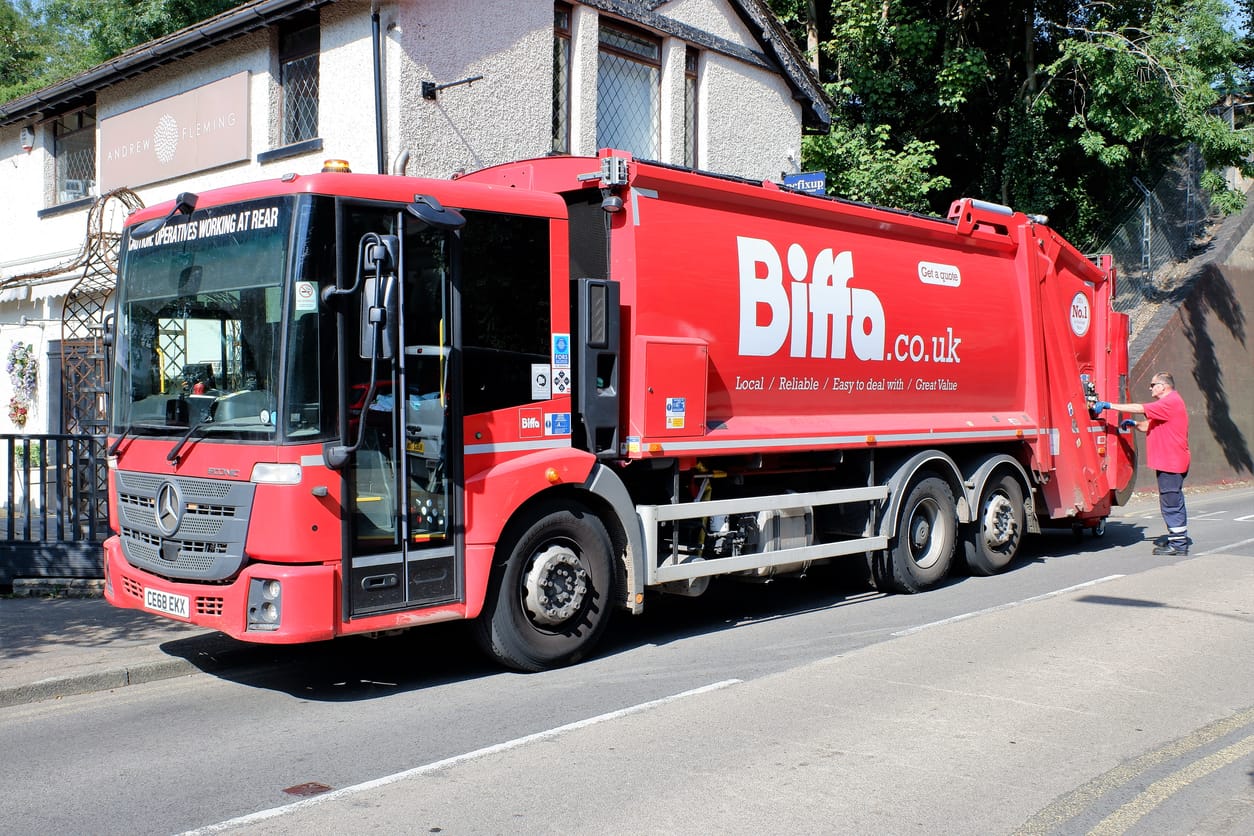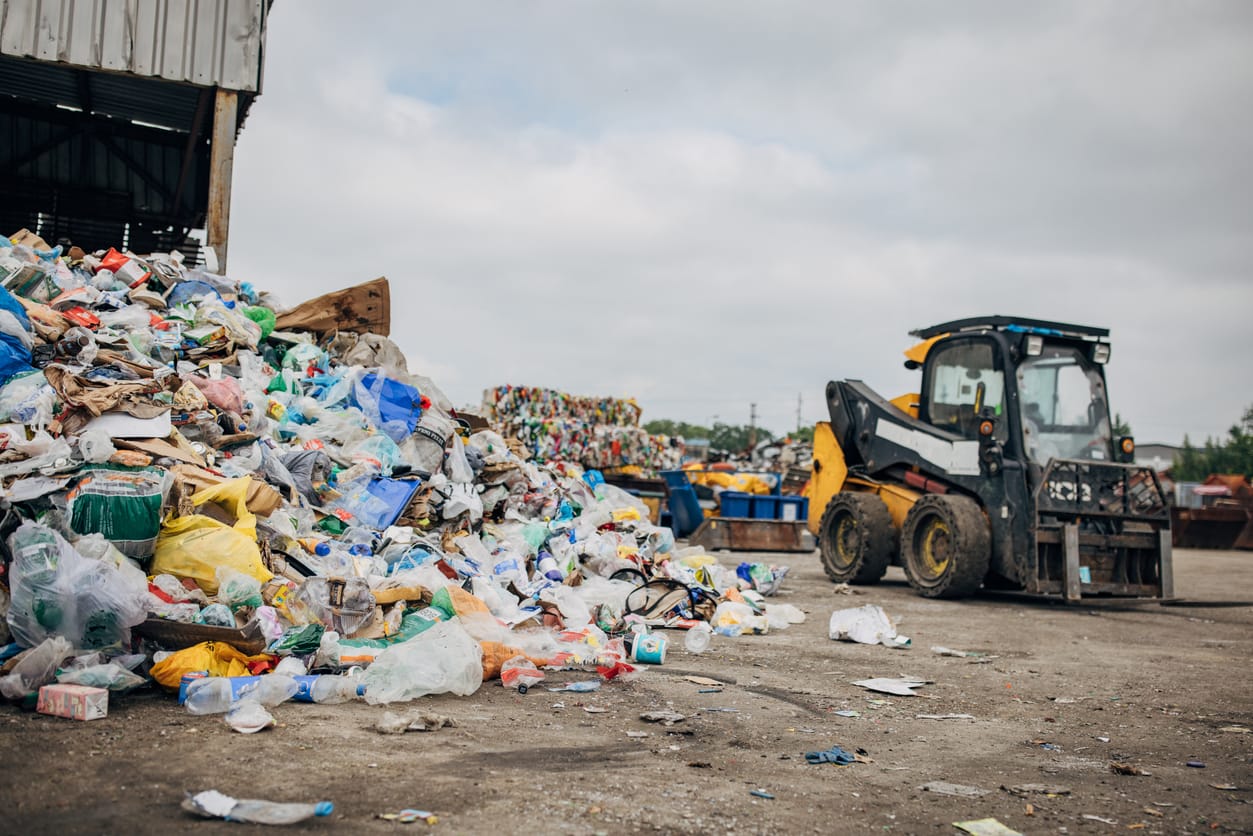Pick from our related articles...
You can find us on
Keep yourself up to date with Let's Recycle It latest news
The UK’s Drinks Containers Deposit-Return Scheme
The UK government is set to introduce a deposit-return scheme (DRS) for all drinks containers that will come into effect from 2023 and will be implemented across England, Wales and Northern Ireland. Under this scheme, consumers will be required to pay a charge when purchasing drinks that they can later reclaim when the containers are returned to the designated return points.
After a Populus poll revealed that 84% of the UK population believe that the scheme should apply to all materials, a group of 20 cross-party MPs have been calling for exactly that. But this call has been met with pushback from within the industries that manufacture these materials – especially glass.
The glass industry has been the most vocal opponent of an all-inclusive DRS, saying that glass already meets the governments recycling targets with the current packaging recovery note (PRN) system, and has consistently done so since it was implemented. Industry leaders say the DRS being made to include glass would actually jeopardise the viability of the glass industry; the knock-on effect of less glass would be more plastic, defeating the point of the DRS.
Scottish parliament passed its own regulations in May 2020 for their own all-inclusive DRS system on drinks containers to come into effect in July 2022; consumers in Scotland are set to pay a £0.20 charge on each drinks container they purchase, be it metal, plastic or glass.
Not only is the Scottish glass industry raising the same concerns in Scotland as the industry is for the rest of the UK, but the flat rate charge across all containers regardless of material or size is also being criticised. Under this scheme a 24 multipack of cans would carry an extra £4.80 charge; buying four 2-litre bottles however would only carry an £0.80 charge, for a slightly higher volume of drink.
Making the charge on aluminium cans disproportionately higher would just result in more plastic bottles being produced; with the average can containing 68% recycled material compared to the 3% in the average plastic bottle, this too would entirely defeat the point of the DRS scheme. The process of recycling is more complex and more expensive than the process of recycling metal cans; a flat rate charge would simply serve to hinder circularity.
Many critics are saying the rate should vary depending on the material and volume of the containers, or even that it should only apply to plastic containers. The claim is that this would incentivise the use of glass and aluminium, both of which are recycled at far higher rates than plastic. It is not certain yet that the DRS will go ahead, or if it does what it will look like. However, should the scheme be introduced it will have a significant impact on the way we treat our waste.
At Let’s Recycle It we have always seen the value of waste materials and have always understood that they are a resource with great potential. We are of course excited about any legislation that encourages others to see waste in the same way we do; however, we want to see things done the right way. We hope that any DRS will be properly thought through as to not become an obstacle to the circular economy we are working tirelessly to achieve.
Follow us to stay up to date on our latest news
If you would like to receive our newsletter to keep up to date with Let’s Recycle It news and to receive marketing information regarding our services, please let us know:


